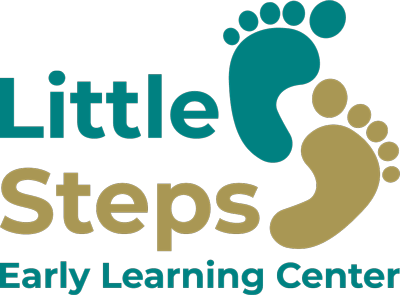When a child is starting at a new school for the first time, this can be an upsetting and stressful time. New friends, new classrooms, new teachers—children may find it hard to get used to all of these changes. As parents, it can be hard not to worry about how that might affect your child's mood or social life. But by simply talking about their feelings and letting them know that everyone has experienced this before, you can put your child at ease from the start of the school year.
The following suggestions can help you and your child through this transition:
- Introduce your child to other kids at their school as soon as possible
Getting them out of the house and into a friendly environment will help them adjust faster if they are feeling shy and nervous about going to school on their first day. It also gives them the chance to introduce themselves and make new friends.
- Discuss how they feel about going to school
Listen to your child with an open mind, and reassure them that everyone feels nervous when they start at a new school. It is perfectly natural for children to worry about meeting new people or doing something new in class, but try not to focus on this side-by-side with your child. Instead, try to emphasize the positive aspects of school – teachers, friends, and after-school activities.
- Work together to find ways to meet new people
Sometimes the best way to become comfortable with a new situation or a group of people is simply by experience. The easiest way for your child to get used to a new environment is through friendly, open communication. Try not to be over-protective and let them build friendships on their own terms rather than yours.
- Encourage them to get involved in school activities
While it may be an adjustment for your child to start school, the benefits of being in the classroom are much more rewarding than any potential social fallout. Encourage your child to join clubs and sports, or perhaps younger children can try out for a kindergarten class. Showing interest in school activities will help your child feel more comfortable with other children and teachers, who will be more likely to accept your child as part of their group.
- Develop conversation starter topics
Especially for younger children, it can be hard to initiate conversation. To help children ease into social situations, let them know that it is okay to talk about their favorite class or teacher, or to ask questions about other people's interests. Before you know it, they'll be making friends with the rest of the kids at school!
- Support them as they make new friends
While your child is likely to be excited to share their new-found friendships with you, don't force this interaction on them if they aren't ready. They may prefer to spend time with you and their siblings instead of meeting new people, and then be more receptive to making friends later. Let them know that no matter what, you're there for them.
Parents can also encourage their kids to help new students feel more comfortable by:
- Inviting new students to join their group
If your child has already made friends, they can encourage their social group to make room for new members. Chances are, other kids will be more open to this after observing how well the old and new kids get along.
- Building one-on-one relationships with other new students
Your child may not want to be friends with everyone in their class, but they could make a special effort to befriend an individual or two who don't appear to have many social connections. Just by being friendly and letting the new students know they have a friend, your child can be a great support for them.
- Offering to help other students with classwork
Another great way to encourage friendships is by offering to help other kids with their homework or schoolwork. If you have experience tutoring others, your child can be a great resource to the new students they know.
As always, communication is key. If you have any questions or concerns about any of these suggestions, just ask! No matter what difficulties your child is facing, everyone else has been there too—so it's always comforting to know that you aren't alone in this!


